
The Business of Fashion
Agenda-setting intelligence, analysis and advice for the global fashion community.

Agenda-setting intelligence, analysis and advice for the global fashion community.
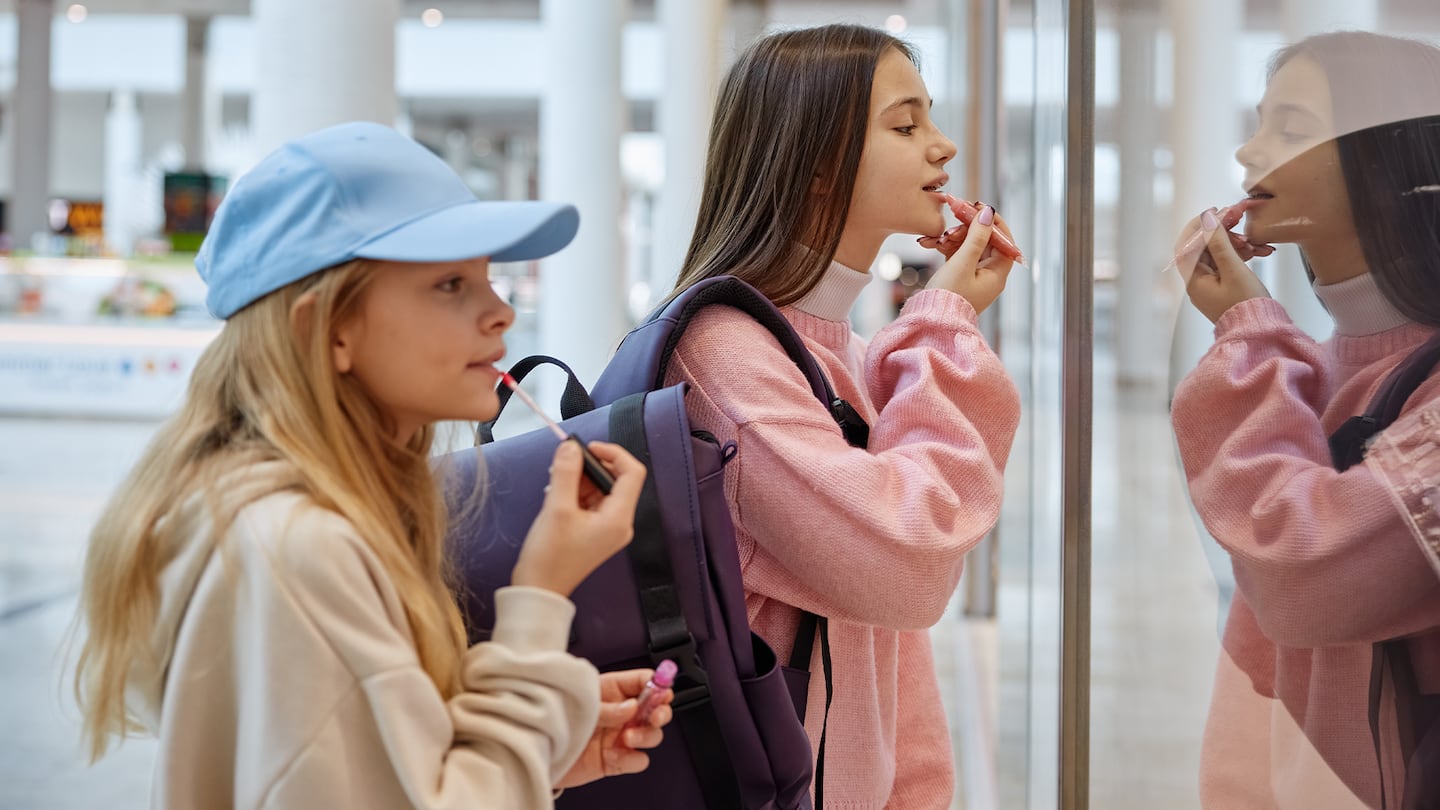
LONDON — On a recent trip home to Canada, I popped into my niece Raeya’s bedroom to say hello. The last time Raeya made an appearance here on BoF, was back in 2011 when she was just nine months old.
Raeya is now 13 and right above her desk was a carefully organised display of skin and body care products. Laneige Lip Sleeping Masks, Sol de Janeiro Bum Bum Creams and Body Mists, and Drunk Elephant Skin Care Products, were pseudo merchandised and spaced out on her own personal beauty counter for everyone to see. Some of the packaging containers were empty, but she kept them displayed long after the beauty potions they contained had been used because those brands mean something to her.
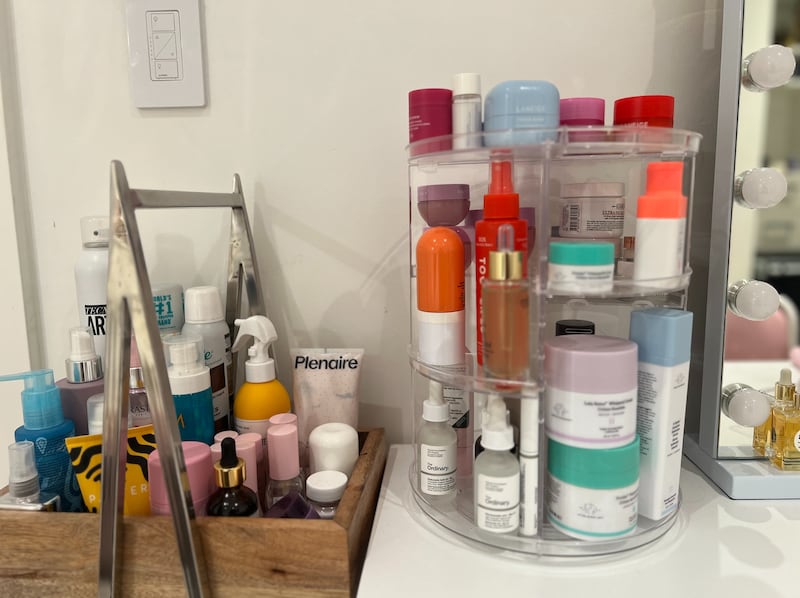
Much has been written about the growing obsession that tweens have with skincare products (including this excellent analysis by our editorial apprentice Yola Mzizi), but the reality of this didn’t really register with me until I saw it firsthand. It dawned on me that Raeya felt about these products the same way I used to feel about my collection of Michael Jackson, New Order, Prince and Wham! records which were similarly proudly showcased in my own bedroom.
Of course, music is still important to Raeya, who is a proud Swiftie and spends time making beaded bracelets in the way all true Taylor Swift fans must do, but Spotify playlists have taken the place of physical records. Now, in the same way that my music was a reflection of what I thought was cool, her beauty products said something about who she is — and who she aspires to be.
ADVERTISEMENT
A few days later, we visited the Sephora store on Vancouver’s Robson Street — her favourite place to spend time with friends — and walked the aisles together. I spotted many of the brands that I know like Fable & Mane hair oils, Charlotte Tilbury makeup and Summer Fridays masks, but there were also scores of brands I had never heard of, selling hundreds of products for every possible purpose. Sephora, which, according to Bernstein, accounts for an estimated 20 percent of total revenues and 12 percent of profit at the luxury giant LVMH, is the retail juggernaut in the global beauty landscape.
For Raeya, visiting Sephora is an education in what new products brands are launching, but also an opportunity to try everything out. As our executive editor Brian Baskin said to me later, “A wall of little jars of smelly goop you can stick your finger into is probably how most kids under 13 would describe heaven.”
Some of the products seemed to have been designed to entice young people with child-like colours and packaging. For example, Drunk Elephant, a Gen Alpha favourite of the moment, stood out for its playful packaging. So rather than buy fashion, these kids seem to be splurging on expensive beauty products that can cost $50 for a tub of body cream, $25 for a lip mask and $75 for a serum.
And while Raeya was aware that certain products — especially those containing buzzy ingredients like retinol — were not for kids, she still seemed to know all of the brands, their latest product launches and sometimes even the stories of the people who created these brands. Much of this product intelligence was gleaned from the internet. (According to The Pew Research Center, nearly one in three US teens say they’re on YouTube or TikTok several times a day. Nearly one in five say they’re on Youtube and TikTok almost constantly.)
It was all very entertaining and interesting to observe, but it also got me thinking about the way the beauty industry is marketing to young people. While there are some regulations in some countries around what beauty brands can do to target consumers under 18, this doesn’t mean they cannot reach them through influencer marketing and through in-store displays.
Why do Raeya, and millions of other kids, have such a strong interest in beauty products? What responsibility does the beauty industry have to ensure that young people aren’t developing an unhealthy relationship with the ideals that this industry projects? And what impact does the growing obsession with beauty have to do with the amount of time they are spending on their digital devices looking at themselves and their friends on screens?
Reflecting on these questions made me a little uncomfortable. Leaving aside the point that some of the ingredients in these products are not suitable for kids, it’s the psychological impact of the marketing messages that were the most concerning to me. One of the most common themes that comes up when I talk to my friends about their kids is the growing mental health crisis among teens. The beauty industry has always preyed upon human insecurities to sell the dream of looking and feeling better by using their potions and lotions. But when this kind of marketing messaging is targeted at young people, who knows what damage it is doing to their sense of self and identity at a critical time in their formative years.
The teen obsession with beauty is not going to disappear, just as social media is now a permanent fixture in their daily lives. But we need more beauty brands that take responsibility for the way they are engaging with teens who will eventually grow into their core customers as adults. We need clear warnings on packages and in-store displays for teenagers and their parents to know what they should and shouldn’t be using.
ADVERTISEMENT
Hopefully, Raeya and her cohort will develop the reasoning and insights to better understand what brands are simply not effective, but also those that are also delivering real value and benefits beyond the marketing blah blah. These kids are smart and informed, and they share what they learn with their friends and on social media.
Take Victoria’s Secret and Abercrombie and Fitch, fashion brands that similarly marketed unhealthy ideals and impossible beauty standards to young customers to drive great commercial success. Both companies have since faced a reckoning and have had to reinvent themselves to align with the growing awareness that the kind of beauty and body ideals they were flogging were out of step with shifting customer values.
Smart beauty companies will get ahead of this curve and begin to cultivate relationships for the long-term by being honest with their customers from the get go.
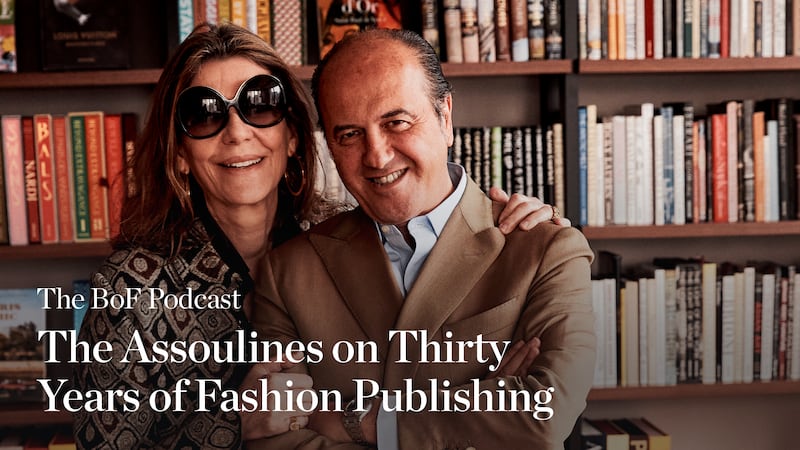
Prosper and Martine Assouline’s business began with a passion project: A book dedicated to their love for La Colombe d’Or, a boutique hotel in the South of France; Martine produced the images and Prosper was responsible for the text. Since they published their first title 30 years ago, Assouline Publishing has captured the history and visual memory of places like Ibiza and Jaipur, industry icons such as Estée Lauder and Valentino Garavani, as well as fashion houses like Saint Laurent and Louis Vuitton.
This week on The BoF Podcast, I sit down with the Assoulines to learn how this fixture of publishing was born and how they intend to maintain that original creative spark while growing it into a global lifestyle business.
Imran Amed, Founder, CEO and Editor-in-Chief, The Business of Fashion
1. Roberto Cavalli Has Died at 83. The designer synonymous with vibrant animal prints and sand-blasted denim, passed away in Florence on Friday.

2. For Struggling Public Companies, Going Private Is No Panacea. Nordstrom, Tod’s and L’Occitane are all pushing for privatisation. Ultimately, their fate will not be determined by whether they are under the scrutiny of public investors.
ADVERTISEMENT
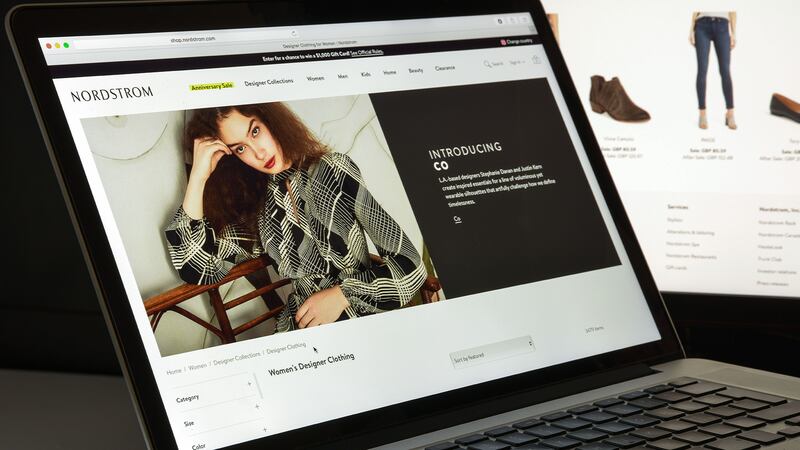 Opens in new window
Opens in new window3. How the Paris Olympics Will (Really) Impact Fashion Week. From security checkpoints to spiking hotel prices, fashion brands are struggling to separate fact from fiction and plan for the upcoming men’s and haute couture fashion weeks.
 Opens in new window
Opens in new window4. Hermès Takes on Rolex, Chanel With Sports Watch Aimed at Women. Watch revenues at the French leather goods powerhouse have surged since the launch of its H08 sports range in 2021. Now Hermès is hoping to keep up the momentum with a mechanical sports watch aimed at women called Cut.
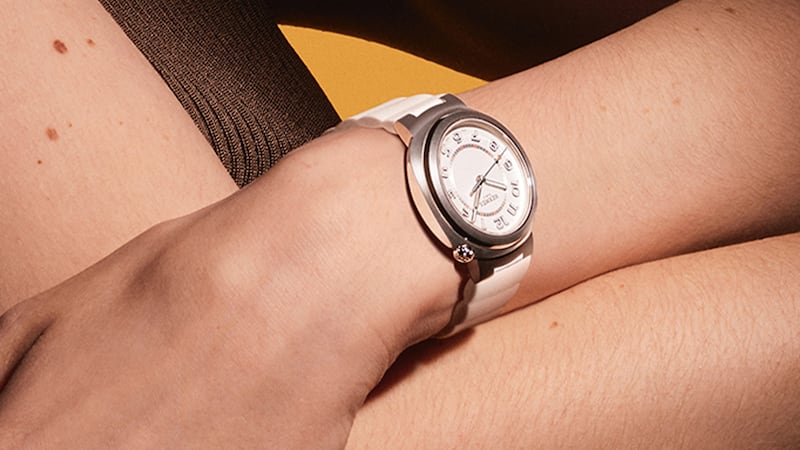 Opens in new window
Opens in new window5. Can H&M and Zara Compete with Chinese Rivals? With consumers tightening their belts in China, the battle between global fast fashion brands and local high street giants has intensified.
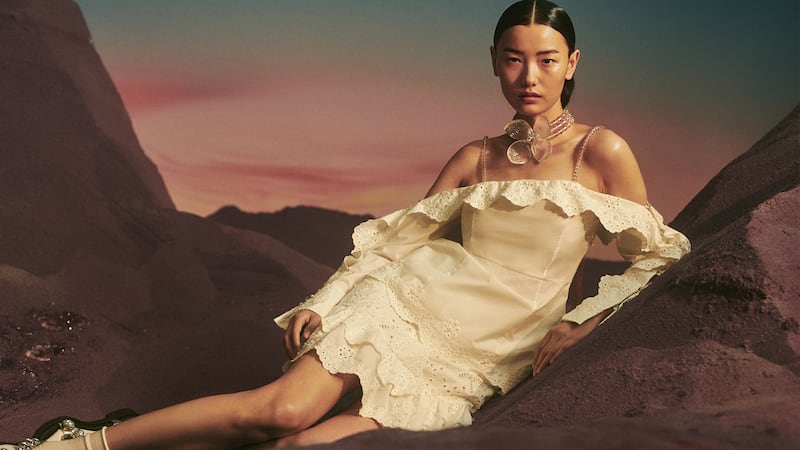 Opens in new window
Opens in new windowTo receive this email in your inbox each Saturday, sign up to The Daily Digest newsletter for agenda-setting intelligence, analysis and advice that you won’t find anywhere else.
Going public is usually a pivotal moment in a company’s history, cementing its heavyweight status and setting it up for expansion. In L’Occitane’s case, delisting might be a bigger conduit for growth.
Brands say they’re barreling ahead with marketing and commerce on the app, even as the clock starts ticking for owner ByteDance to sell it or shut it down.
The Spanish beauty and fashion conglomerate’s smart acquisitions and diverse portfolio could be a big draw for investors. Plus, Adidas is set to confirm its stellar first quarter.
How not to look tired? Make money.